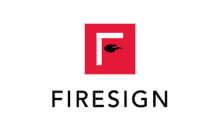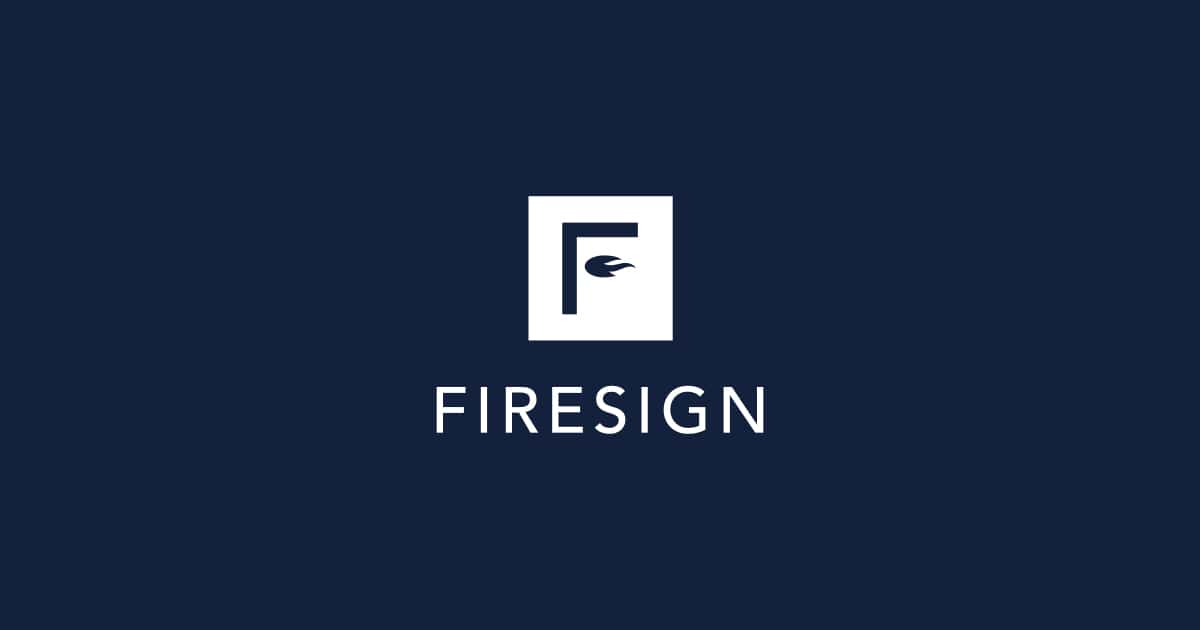When the COVID-19 pandemic lurched to the forefront, shuttering businesses and events and shrouding the world in a cloud of uncertainty, Scott Levine was far from uncertain about how AEGIS Law should navigate the situation. It was an all-hands-on-deck sort of moment. Levine actively sought ways to help not only his firm’s clients but also other businesses and fellow entrepreneurs.
And while his instinct stemmed from a desire to help, Levine has no doubt his continuing efforts will come back to his business.
“Relationships are not formed based on the service that’s provided; it’s the way you make them feel about themselves and working with you,” Levine said.
His multipronged approach offers an important marketing map, both in the midst of a crisis and in everyday life.
Addressing the Questions
AEGIS Law, a St. Louis-based firm with five offices nationwide, focuses on helping emerging businesses and entrepreneurs. When the pandemic hit, Levine, the founder and managing attorney, recognized tremendous demand for answers and guidance, particularly regarding human resource and employment law.
“Realities were changing on a daily basis because of the need to accommodate what was happening from a public health standpoint,” Levine said. “The laws aren’t designed to withstand the rapid changes a pandemic produces. And neither are lawyers.”
AEGIS Law began offering free webinars, which required registration to enable follow-up (if desired). The firm engaged experts to collaborate and help generate valuable content.
“We sent a message: we’re alive, able, and relevant,” Levine said.
Acting on the Golden Rule
Whether personally or professionally, people experience everything emotionally “50 times more than we would during normal circumstances,” Levine said. That’s true whether the treatment is harsh or kind — and people remember that feeling.
“We decided to lean into it and do whatever it takes to help clients without regard to whether or when we get paid,” Levine said.
If a client requested additional time to pay a bill, the answer always was yes, without hesitation.
“There was no point pressing people who were going through the same thing our business was going through,” Levine said, adding that the first people to call about needing extra time now are the first to pay their bills. And when clients do pay, they receive thank-you notes expressing appreciation that during these difficult times, with limited cash and vendors to manage, they prioritized paying AEGIS Law.
“Do something that provides value that’s not about you,” Levine said. “It increases your stature and will come back and support what you’re doing somehow in some way.”
The firm developed legal forms to help with compliance issues as the economy began reopening — and they shared those, even with other lawyers.
“We sent out everything we had created,” Levine said. “You never know where that goodwill will lead. Another law firm’s success does not mean your failure — it’s good for everybody.”
Firms that approach the situation from a team or collaborative approach will fare better when circumstances move to the new normal, he said.
Advocating for Those Outside the Firm
That passion carried beyond AEGIS Law to Levine’s nonprofit involvement.
In the St. Louis Chapter of Entrepreneurs’ Organization, a global network for entrepreneurs, weekly virtual events allowed the 155 local members to share their experiences and learn from each other. Small forums of eight or nine helped members feel supported.
But Levine, a director of the local chapter, thought the group could do more. They opened up the weekly events to non-members, gradually branching out from entrepreneurs to vendors. The meetings began growing.
Then, they decided to shoot for the stars. They assembled a virtual panel of sales and marketing experts — “the world’s leading speakers/writers/thought leaders in the areas of sales and marketing,” Levine said. The list included infomercial creator and original Shark Tank “Shark” Kevin Harrington and renowned sales trainer and author Jack Daly, and the event was free and open to the public. Each of the eight panelists got 10 to 15 minutes to speak then participated in a Q&A moderated by Levine. Getting people together virtually proved very effective — the cost is lower, and stay-at-home orders had cleared people’s calendars.
“Because of the downtime, we were able to attract really interesting people,” Levine said.
Close to 4,000 people from all over the world registered for the event. The group followed up on that success with another event focused on creativity and how this is addressed in business during the pandemic. Levine now is planning an event featuring six world-famous CEOs.
While people have tired of some aspects of virtual meetings, that doesn’t apply when they receive value and connections, Levine said. Events may become less frequent as business picks up, he said, but they will continue. One way he has enhanced the connections is to, after a Zoom meeting, randomly assign participants to breakout rooms where they can share their thoughts and experiences and get to know each other — but not promote or sell.
It’s hard to draw a direct line from altruistic efforts to business activity at AEGIS Law. But overall activity, Levine said, is “through the roof.” Having the opportunity to reach out to people for something unrelated to earning their business generates renewed relationships and goodwill that can’t be measured — or overvalued. It also emphasizes a company’s relevance. In the current climate, approaching people as sales targets is a major turnoff.
His advice?
“Do something that provides value that’s not about you,” Levine said. “It increases your stature and will come back and support what you’re doing somehow in some way.”
What Firesign loves: No one wants to be sold to – but everyone needs their problems solved. AEGIS Law exemplifies this approach with its client base of entrepreneurs and startup businesses.
Like many firms, AEGIS Law offered instructional webinars, but it also promoted events from the Entrepreneurs’ Organization that addressed sales and marketing, not law. The firm provided templates and forms to its clients and even to other lawyers, a move that is likely to be remembered with referrals and recommendations moving forward.
The takeaway: Market by helping, not selling. How can you make your clients’ lives safer, easier or better?

